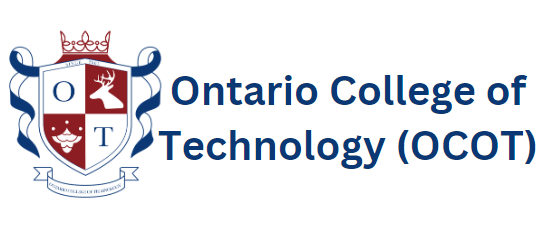Data analytics and database management design, develop, and administer data management solutions, as well as develop and implement data administration policies, standards, and models.

Data analytics and database management design, develop, and administer data management solutions, as well as develop and implement data administration policies, standards, and models. They are employed in information technology consulting firms and in information technology units throughout the private and public sectors.
Course Outline
SQL Server Administration
This course module provides students with the knowledge and skills required to install, configure, administer, and troubleshoot the client-server database management system of Microsoft SQL Server.
SQL Server Design
This course module provides students with the knowledge and technical skills required to program a database using Microsoft SQL Server. This course is designed for those who are responsible for implementing database objects and programming SQL Server databases using Transact-SQL.
Probability and Statistics
This course module provides an introduction to probability and statistics with applications. Topics include: basic probability models; combinatorics; random variables; discrete and continuous probability distributions; statistical estimation and testing; confidence intervals; and an introduction to linear regression.
SAS for Data Analysis
This course module covers how to plan and write simple SAS programs to solve common data analysis problems and provides practice running and debugging those programs in an interactive SAS session. . It also provides comparisons of manipulation techniques, and resource cost benefits are designed to help programmers choose the most appropriate technique for their data situation.
Data Warehousing
This course module covers the issues involved in planning, designing, building, populating, and maintaining a successful data warehouse. Students learn the reasons why data warehousing is a compelling decision-support solution in today’s business climate.
Data Mining
This course module presents systems and methods for mining varied data and discovering knowledge from data. After detailing a data mining system architecture and tasks, the course examines and compares specific methods in data mining, such as concept learning, decision trees, Bayesian and belief networks, neural networks, case-based reasoning, statistical methods such as cluster analysis and multidimensional analysis, and text and multimedia mining. Several applications are detailed, and tools to build new applications are provided.
Introduction to Business Intelligence
This course module covers the design principles and best practices when planning, implementing, and deploying a business intelligence architecture and solution.
Whether you are visiting our website, preparing to attend classes, or continuing as one of our former students, you have one thing in common: you have made a conscious choice to explore a better future.
As one of the most renowned colleges in Toronto, Ontario College of Technology takes pride in its high educational standards, its excellent programs and services, and its personal approach to helping each individual student succeed.
As a student at the Ontario College of Technology, you will find a wide and diverse array of courses and programs leading to your career success.
Because of the college’s comprehensive offerings, its excellent programs, its uniquely talented faculty, and its support services, Ontario College of Technology is your best choice.
© 2025 coursetakers.com All Rights Reserved. Terms and Conditions of use | Privacy Policy